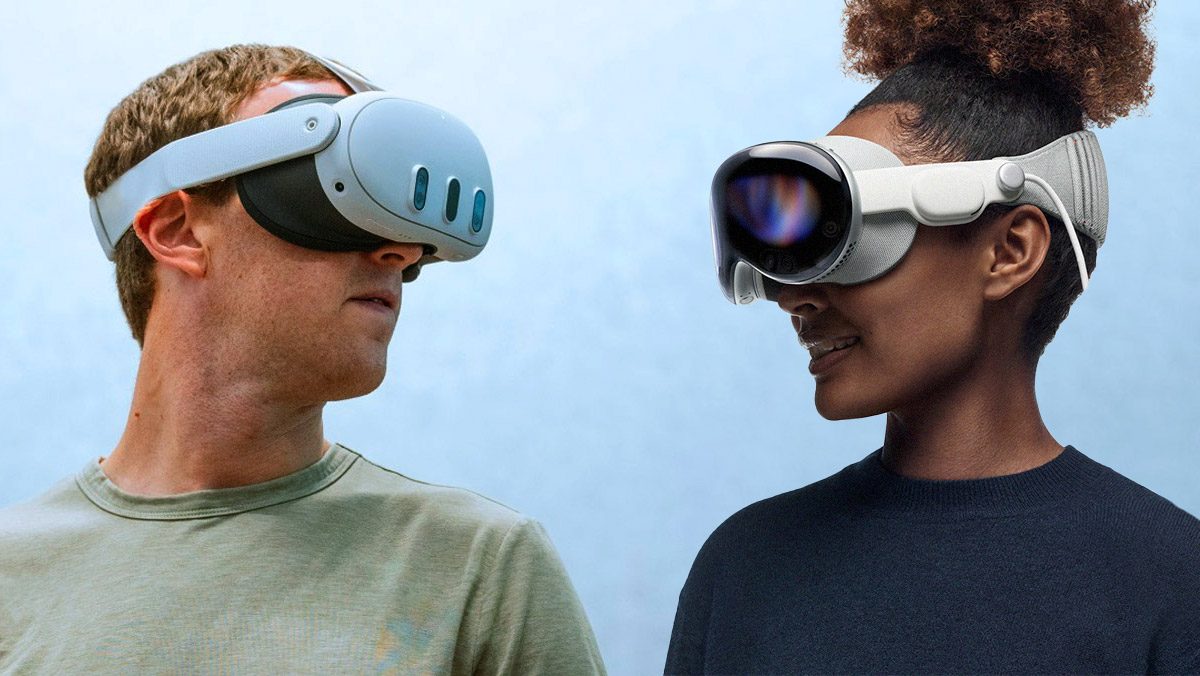A report from The Information last week alleged Meta and Google held talks in effort to bring Android XR to Quest. Meta CTO Andrew ‘Boz’ Bosworth has now confirmed this report, stating further that not only were Google’s terms too restrictive, but Google is actively planning to fragment the ecosystem with its Android-based XR operating system.
Here’s the full statement from Bosworth via a Threads post from last Friday:
After years of not focusing on VR or doing anything to support our work in the space, Google has been pitching AndroidXR to partners and suggesting, incredibly, that WE are the ones threatening to fragment the ecosystem when they are the ones who plan to do exactly that.
We would love to partner with them. They could bring their apps to Quest today! They could bring the Play store (with its current economics for 2d apps) and add value to all their developers immediately, which is exactly the kind of open app ecosystem we want to see. We would be thrilled to have them. It would be a win for their developers and all consumers and we’ll keep pushing for it.
Instead, they want us to agree to restrictive terms that require us to give up our freedom to innovate and build better experiences for people and developers—we’ve seen this play out before and we think we can do better this time around.
Shortly afterwards, Bosworth re-posted on X (formerly Twitter) a comment made by UploadVR’s David Heaney which seems to sum up Meta’s thought process:
“Meta and Google both launched standalone VR platforms in 2018. Google abandoned Daydream after less than 2 years, while Meta grew Oculus (now Quest) to tens of millions scale,” explains Heaney. “Now years later, after the market is already proven, Google wants Meta to kowtow to its attempt #2?”

Still, having Android XR on Quest would instantly make Meta’s hardware more competitive with Apple Vision Pro, which boasts 1.5 million apps built for iPhone in addition to 1,000+ visionOS native apps. The price of admission may simply be too high though.
While Bosworth says bringing Google Play with “its current economics for 2d apps” isn’t a sticking point, Meta’s rejection may very likely involve how software revenue would be split in the long-term. Bringing Google Play to Quest in its entirety isn’t such an issue sow since there are only just a few older VR apps built for Cardboard, although that’s probably about to change as companies like Samsung release their own Vision Pro competitors using Android XR as their chosen operating system.
On Quest, this may eventually allow Play store apps to out-compete some of the content created specifically for the standalone XR headset, which would give Google a slice of the pie that (at least in Meta’s eyes) it didn’t rightfully earn. And controlling that revenue stream is likely be one of Meta’s most important XR ambitions moving forward, provided it wants to continue subsidizing Quest hardware and recouping on software sales like it does today.
Meta’s only real hope is to make the Quest platform so big and attractive to developers in the future that it becomes a target platform alongside Android and iOS—not just to XR developers making games and immersive apps, but to every app from your humble calculator, to everyday things like banking apps, productivity software, video chatting apps—all of the things it needs to break out of console territory to become a general computing platform.










